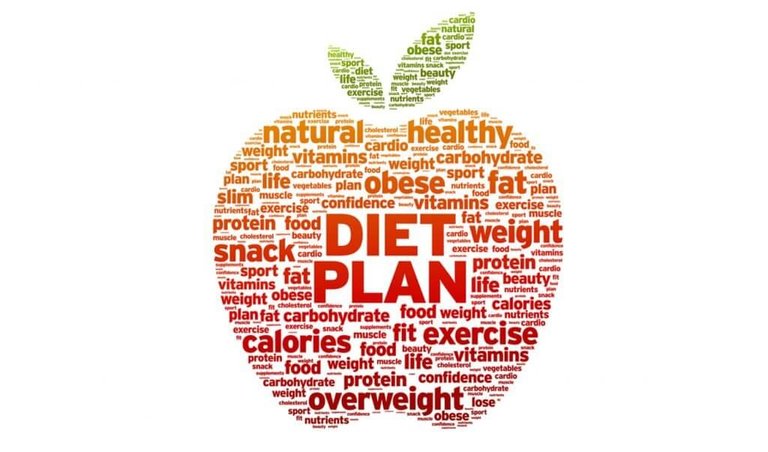The genes you inherit affect your risk of developing a variety of chronic diseases. If analysis of your genes can reveal these risks, then a personalized diet prescription might be made to prevent, moderate, or cure the chronic diseases for which you are at risk. Is this individualized approach better than following the overall recommendations for a healthy diet?

Our health is determined by many factors, including environment, lifestyle, and genetics. We have control over lifestyle factors that affect our disease risk, such as what we eat and how much we exercise. We don’t have control over our genetic background. The science of nutritional genomics suggests that we can reduce our risk of disease by tailoring our diets to our individual genetic makeup. It predicts that someday we may to go to the doctor’s office, have our genes analyzed, and then have specific foods and dietary supplements prescribed to optimize our health and prevent diseases to which we are susceptible.
Current nutrition guidelines are designed to improve and maintain the health of almost all healthy people in the population. Yet, we know that different people respond differently to the same diet, so dietary advice that is good for the majority of people may not be optimum for everyone. Modern medicine is already practicing nutritional genomics at a very basic level; dietitians design special diets based on patients’ existing medical conditions. People with elevated blood lipid levels are instructed to reduce their intake of saturated fat and increase their fiber intake, those with high blood pressure are shown how to reduce their sodium intake, and people with diabetes are taught how to manage blood sugar levels by modifying their carbohydrate intake.
Proponents of nutritional genomics suggest that reviewing an individual’s genetic analysis will permit the development of more personalized dietary recommendations, which will prevent or improve outcomes for a variety of chronic diseases. These diets could be customized to take into consideration not only individual genetic variation but also life stage, dietary preferences, and other aspects of health status. Some propose that, if followed, these personalized dietary recommendations may supplement and even replace prescription drugs.

Would the benefit of these individualized diet plans justify the expense of the genetic analyses? Some argue that this approach is unlikely to improve individual or public health. Many people fail to follow current population-wide guidelines for a healthy diet, not because they lack the knowledge, money, or motivation to do so but simply because they choose not to. Therefore, it is unlikely that individuals will follow personalized guidelines any better or that genetic test results will motivate them to eat a healthier diet. The priority for public health dollars should not be to fine-tune diet prescriptions but to find out what will make people change their diets and live healthier lives.
Other concerns with nutritional genomics are the ethics of widespread genetic testing and the possibility that commercial interests rather than any benefits to public health will drive nutritional genomics. People who strictly adhere to their diet prescriptions will certainly benefit, but the big beneficiaries of personalized diet prescriptions could be biotech companies, which would profit from the genetic testing needed to establish disease profiles, and the food industry, which would benefit from the creation and sale of functional foods to prevent disease.
In the future, will we select breakfast cereals and dietary supplements based on our genes? Will these choices, which target the prevention of some potential chronic diseases, increase the risk of others? Will following personalized dietary prescriptions make us healthier than just choosing an overall healthy diet? In choosing foods based on nutritional genomics, will we lose track of the pleasure we get from food and the cultural and social roles that food plays in our lives?
-Maré Productions
Congratulations @michael-maresca! You received a personal award!
Click here to view your Board
Congratulations @michael-maresca! You received a personal award!
You can view your badges on your Steem Board and compare to others on the Steem Ranking
Vote for @Steemitboard as a witness to get one more award and increased upvotes!